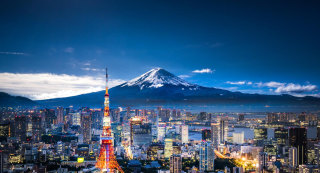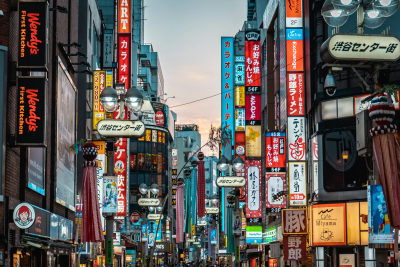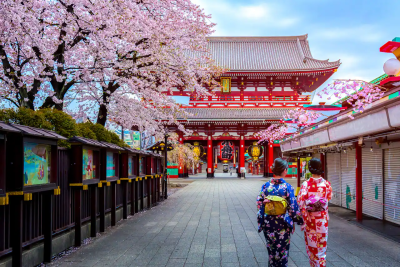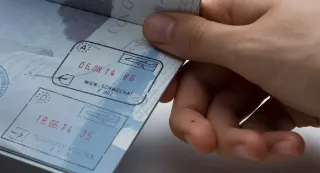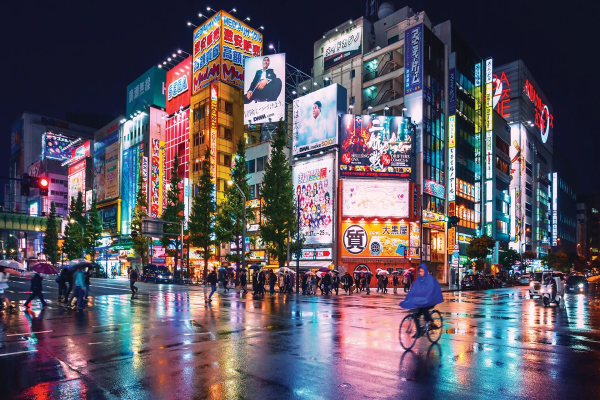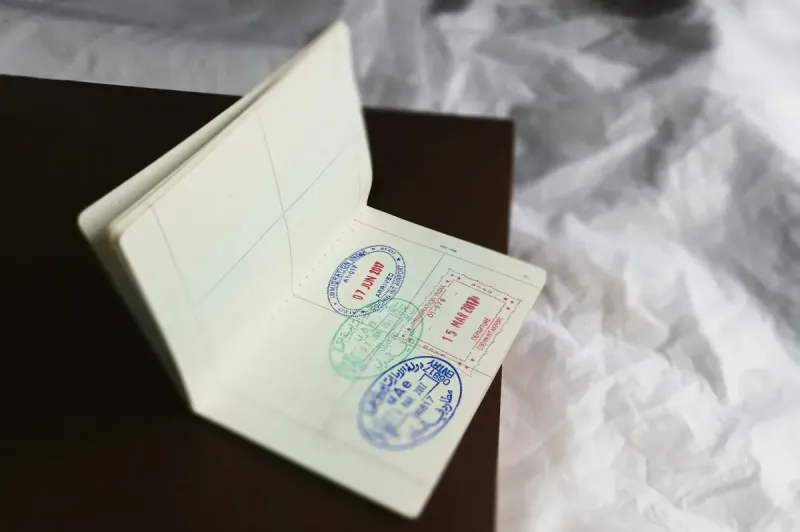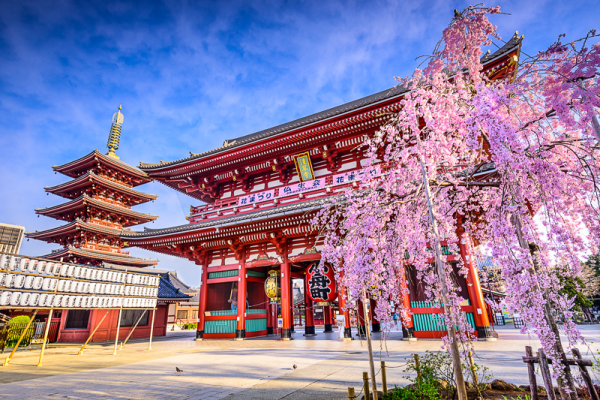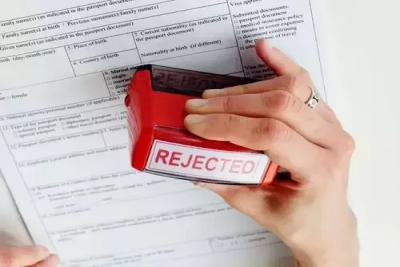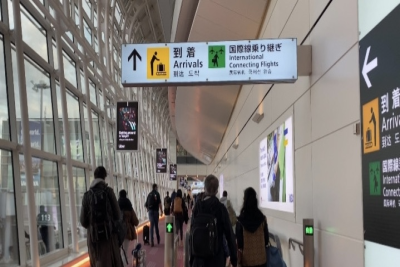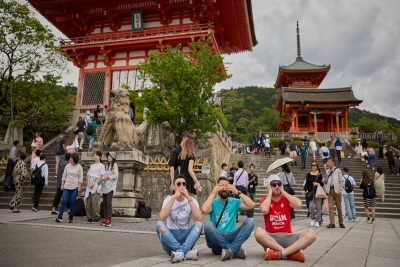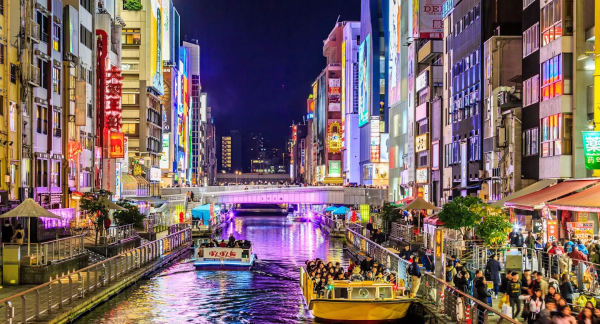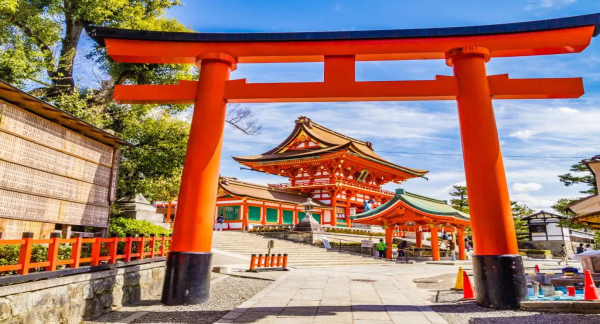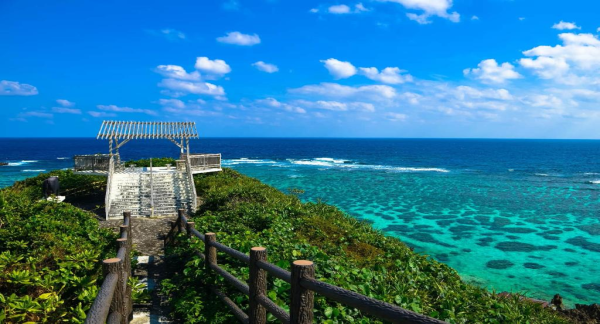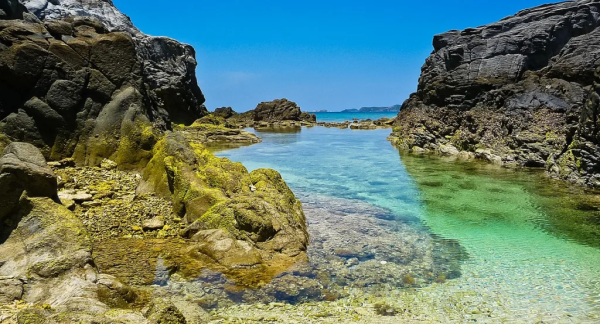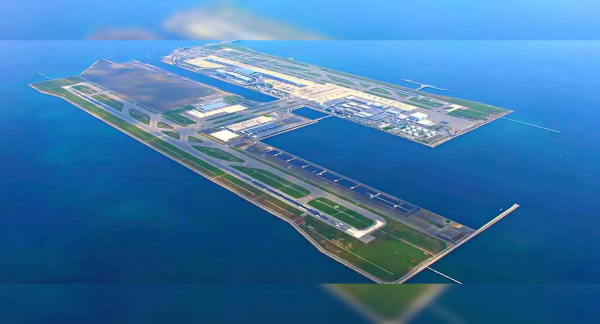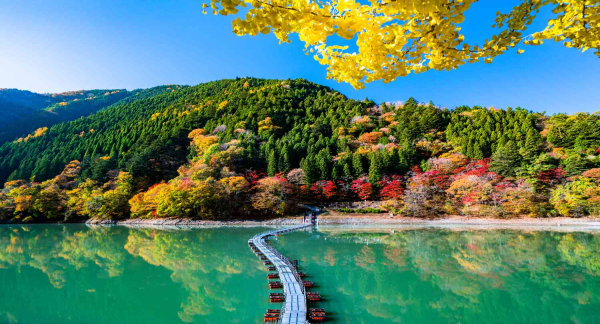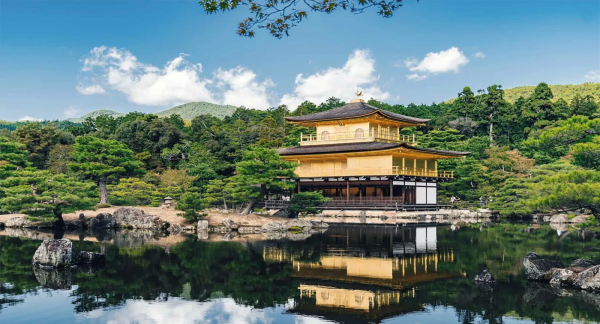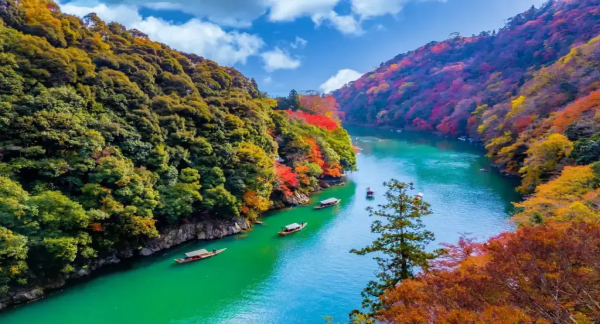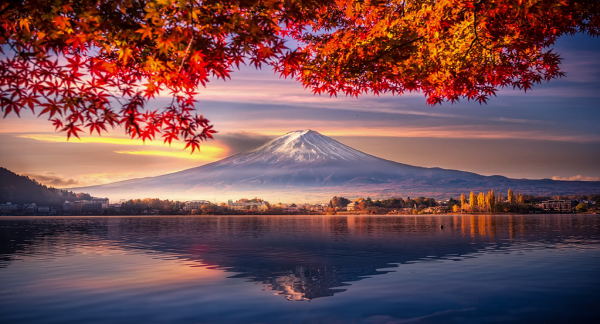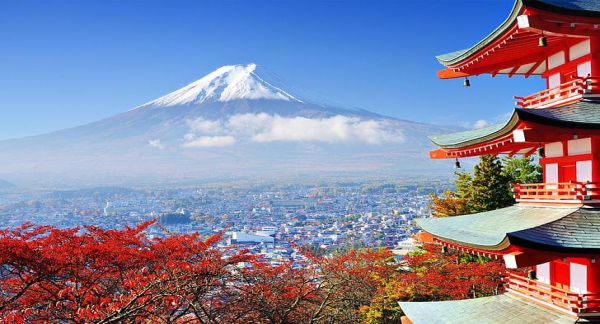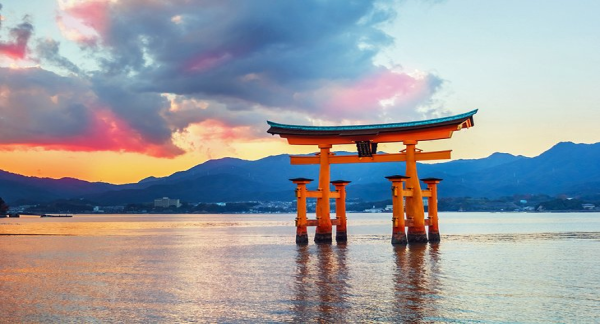When it comes to entering Japan, your passport's country of issue plays a crucial role in determining whether you need a visa. Let's break down these requirements, starting with one of the largest groups of visitors to Japan – American tourists.
For US citizens, Japan offers a remarkably straightforward entry process. Thanks to the visa waiver program Japan has established, Americans can stay in Japan for up to 90 days without obtaining a visa beforehand. All you need is a valid US passport with at least six months remaining before expiration and a confirmed return ticket. This arrangement makes Japan an easily accessible destination for American tourists and business travelers planning short-term stays.
However, even US citizens need to be aware of important restrictions. If you're planning to work, study, or stay longer than 90 days, you'll need to apply for the appropriate visa for Japan from US jurisdictions regardless of your American citizenship. The Japan visa for US citizens in these cases follows the same requirements as for other nationalities, including the need for a Certificate of Eligibility for certain visa types and adherence to Japan visa photo specifications.
Japan's visa exemption program extends beyond the United States to include many other countries. Citizens from most European Union nations, Australia, New Zealand, and several Asian countries can also enter Japan without a visa for short-term stays. The length of permitted stay varies by country – while most get 90 days, some nationalities are limited to 15 or 30 days under the waiver program.
Some countries have special arrangements with Japan that affect visa requirements. For instance, citizens of certain Southeast Asian nations might qualify for visa-free entry if they've previously visited Japan or hold specific types of passports (like diplomatic or official passports). These arrangements can change based on diplomatic relations and current events, so it's always wise to verify the latest requirements.
There are also special cases where additional documentation might be required even for visa-exempt travelers. For example, if you're traveling for business purposes but still under the visa waiver program, you might need to carry a letter from your employer explaining the nature of your visit. Similarly, if you're visiting family or friends, having an invitation letter can smooth your entry process, though it's not strictly required for visa-exempt nationals.
It's worth noting that visa exemption doesn't guarantee entry into Japan. All visitors, regardless of nationality, must still pass through immigration control where officers will verify your purpose of visit, financial means, and return travel arrangements. They may also ask about your intended activities and accommodation plans in Japan.
For nationals of countries not participating in the visa waiver program, the process is more involved but still manageable. These travelers must apply for a visa before departure, typically requiring documents like proof of financial stability, a detailed itinerary, and sometimes a sponsor or guarantor in Japan. The processing time and exact requirements vary by country, but most applications are handled within five working days.
Countries like India may also have high traffic to Japan, but a Japan visa for Indians is still necessary. Whether you need a visa or qualify for visa-free entry, remember that overstaying your permitted period is taken very seriously in Japan. If you think you might want to stay longer, it's best to either apply for a proper visa initially or request an extension before your authorized stay expires. This is true even for citizens of visa-exempt countries – the 90-day visa-free stay cannot be extended without leaving the country.
Always check the official Japanese embassy or consulate website in your country for the most up-to-date information about visa requirements, including those for the Japan transit visa if you'll just be passing through. Such checks are particularly important for those who have more unique or overlapping travel reasons and need an equivalent of a Japan digital nomad visa. Immigration policies can change, and staying informed ensures you won't face any unexpected surprises when planning your Japanese adventure.
